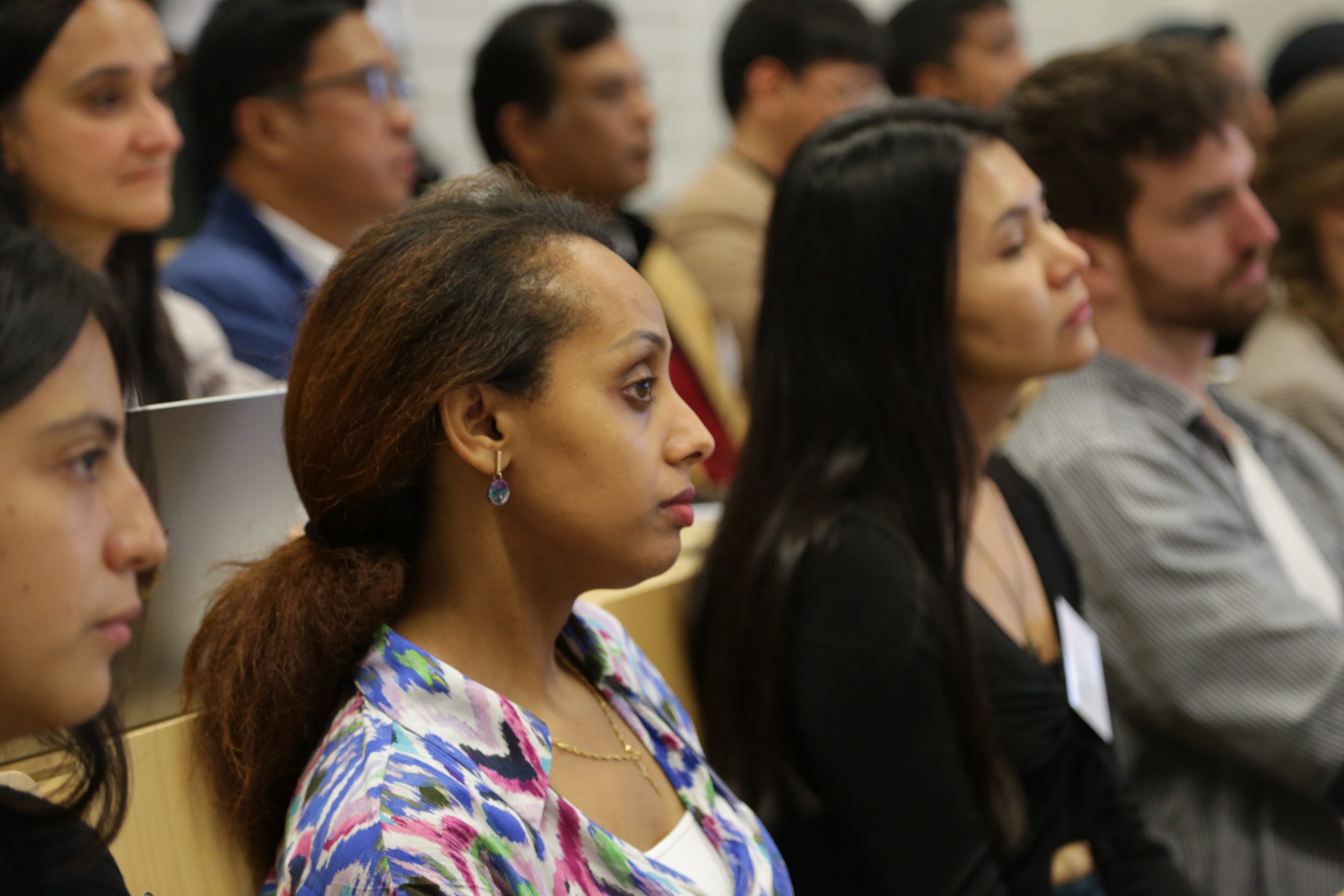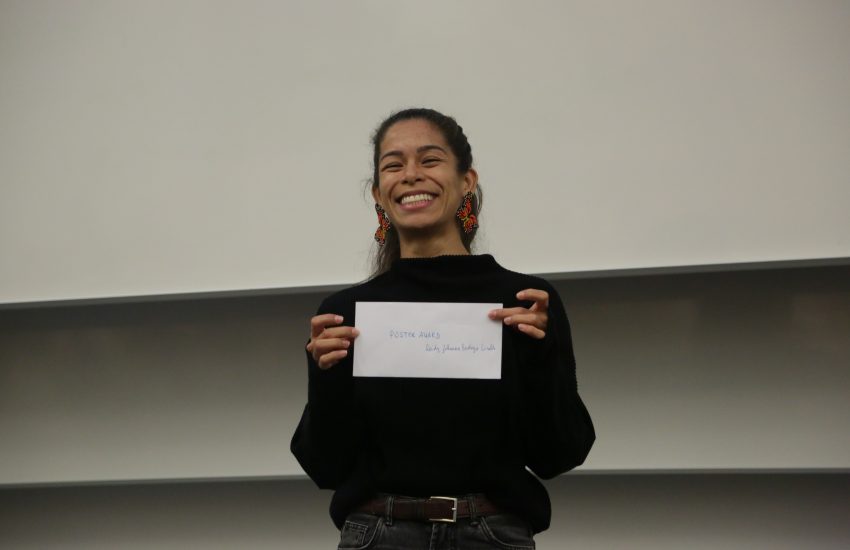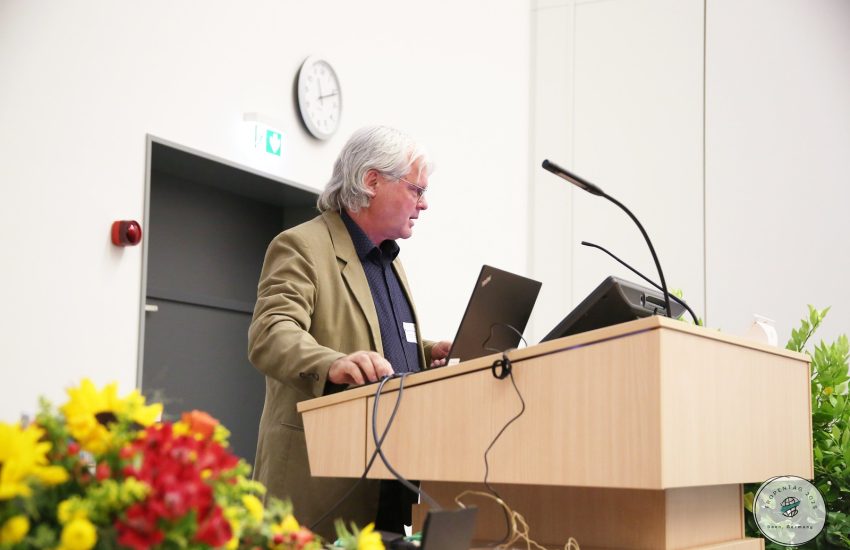Her Voice, Her Power: Women and Girls Leading the Way
At Tropentag 2025, two workshops reminded us of something simple yet powerful: when women and girls lead, communities thrive. Agriculture may often be seen through the lens of crops, yields, and markets, but behind those numbers are voices too often unheard that carry the weight of feeding families and shaping futures.
The first workshop, Women’s voice and leadership in decision-making, opened with a question that hung in the room: Why are women, who do so much of the world’s farming, still so absent from the decisions that shape agriculture? From land rights to access to finance, the barriers are real. But so too are the solutions. Participants shared stories of women carving out space in leadership roles, bringing fresh ideas, and building resilience in their communities.
Then came the workshop on strengthening science-policy interfaces in light of the UN Committee on World Food Security (CFS), with a focus on women’s and girls’ empowerment. Here the message was crystal clear: equity isn’t an optional garnish, it’s a main ingredient for sustainable food systems. By putting women and girls at the heart of science-policy dialogues, the workshop argued, we can craft more inclusive, impactful, and lasting solutions.
Together, these sessions painted a picture of agriculture that is not just about seeds in the soil, but also about voices in the room. Because when women speak, policies shift. When girls are empowered, communities prosper. And when leadership tables make room for everyone, agriculture becomes not just productive, but fair.
It wasn’t all heavy, though. One participant joked that women don’t just “add value” to agriculture they’ve been carrying it on their backs for centuries. The laughter was knowing, but it underscored the urgency: recognition and empowerment are overdue.
As Tropentag continues, these workshops left us with a challenge: to listen more carefully, to share leadership more generously, and to make sure that the future of agriculture is written in voices of all genders. Because equity isn’t just a principle it’s the power that grows communities, one decision at a time.



